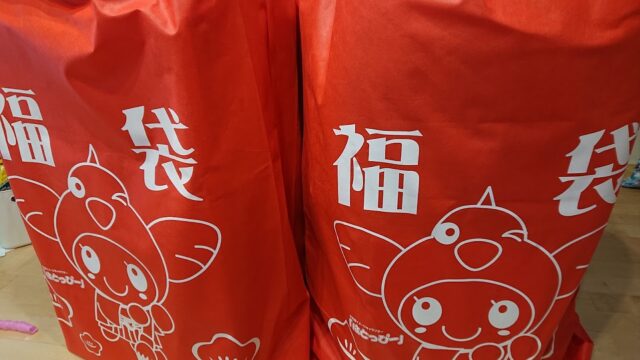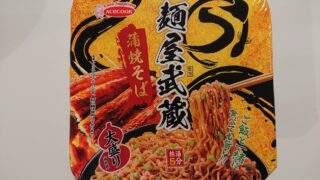夏の野菜もそろそろ終わり きゅうりを植え替えます Summer vegetables are almost over and I’ll be replanting his cucumbers.
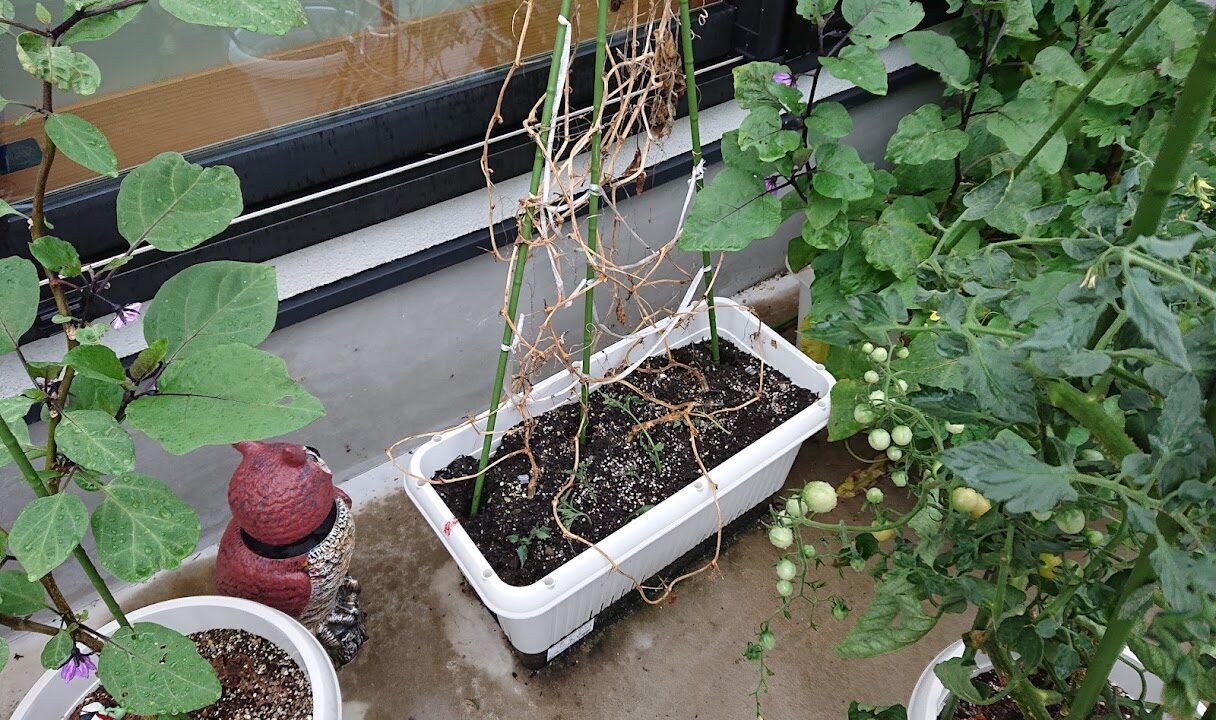
お盆を過ぎて急に暑さがやわらぎました。
After Obon, the heat suddenly subsided.
そろそろ夏の野菜も終わりごろです。
It’s almost the end of summer vegetables.
目次
きゅうりを植え替え Replant cucumbers
きゅうりの時期が終わって枯れてしまいました。
The cucumber season is over and they have withered.
今回はそのきゅうりを植え替えます。
This time, I will repot the cucumber.
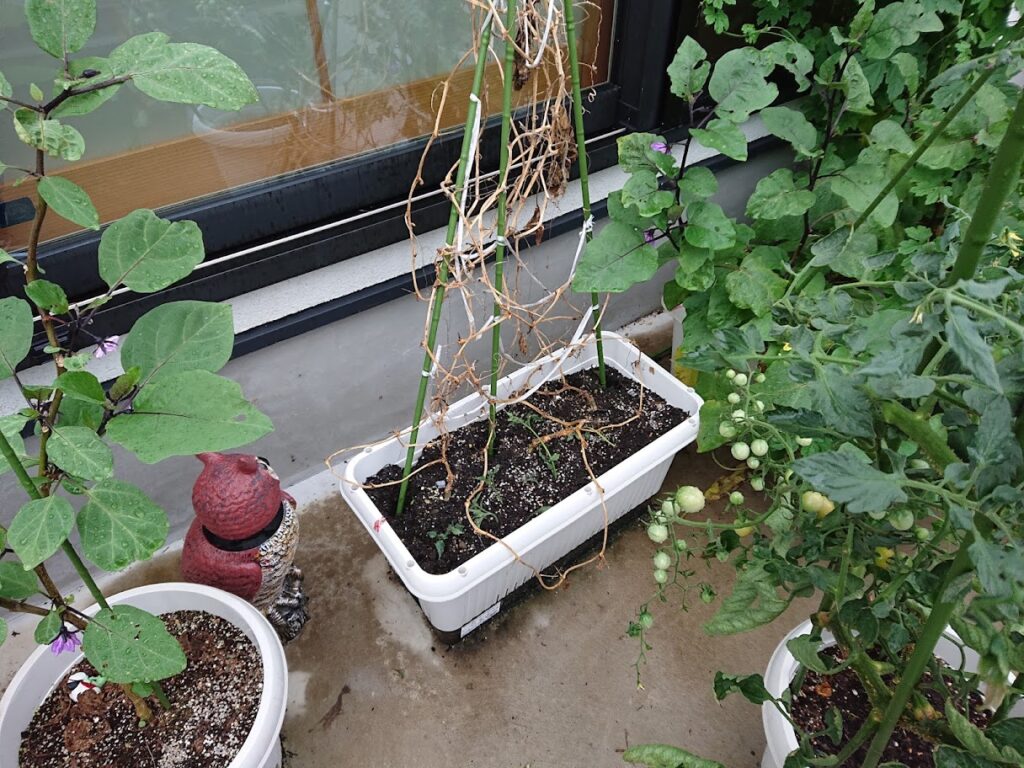
次に植える野菜は
きゅうりです。
The next vegetable to plant is cucumbers.
秋生りのきゅうりの苗が売っていましたので
買ってみました。
Autumn cucumber seedlings were on sale, so I bought them.
子供たちがきゅうり好きなので
秋も食べれると喜びます。
My kids love cucumbers, so they’ll be happy if they can eat them in the fall too.
その他の様子 Other details
ネギ green onion
ネギは常に生えています。
Leeks are always growing.
ネギの上の部分を切って、下を残しておくとまた成長してきます。
If you cut off the top part of the green onion and leave the bottom part, it will grow back.
永遠に収穫できるのではないかと思います。
I think we can harvest it forever.
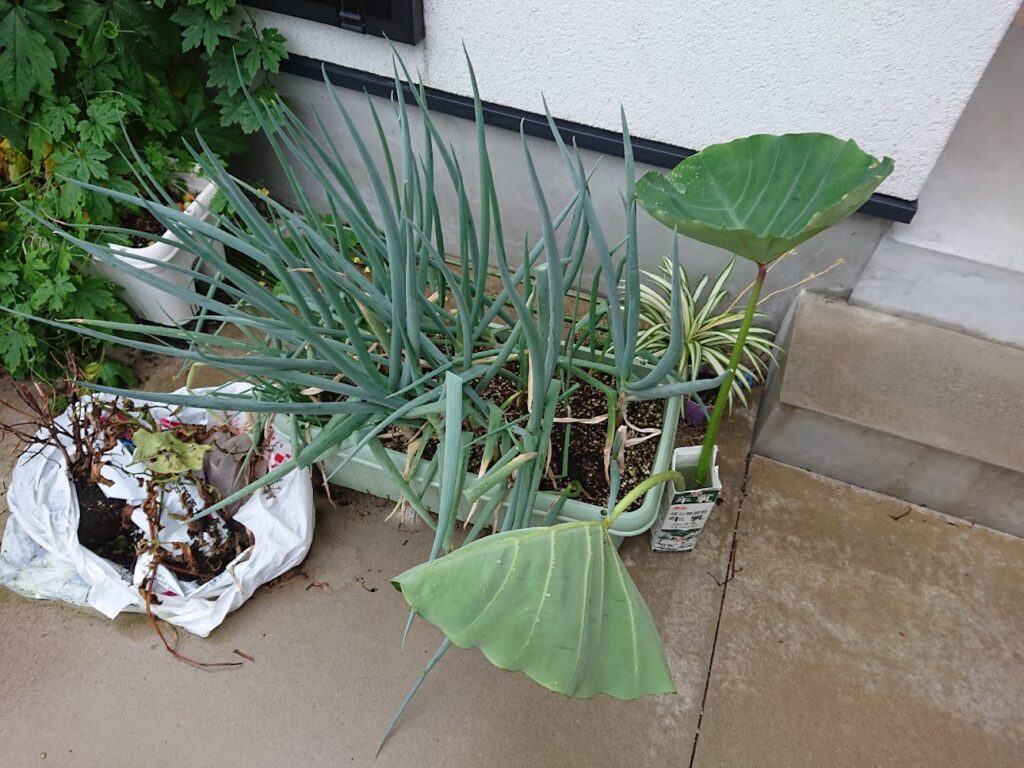
ゴーヤ Bitter gourd
ゴーヤは成長が著しいです。
Bitter gourd is growing rapidly.
小さな実もあり、今後が楽しみです。
There are some small fruits, and I’m looking forward to the future.
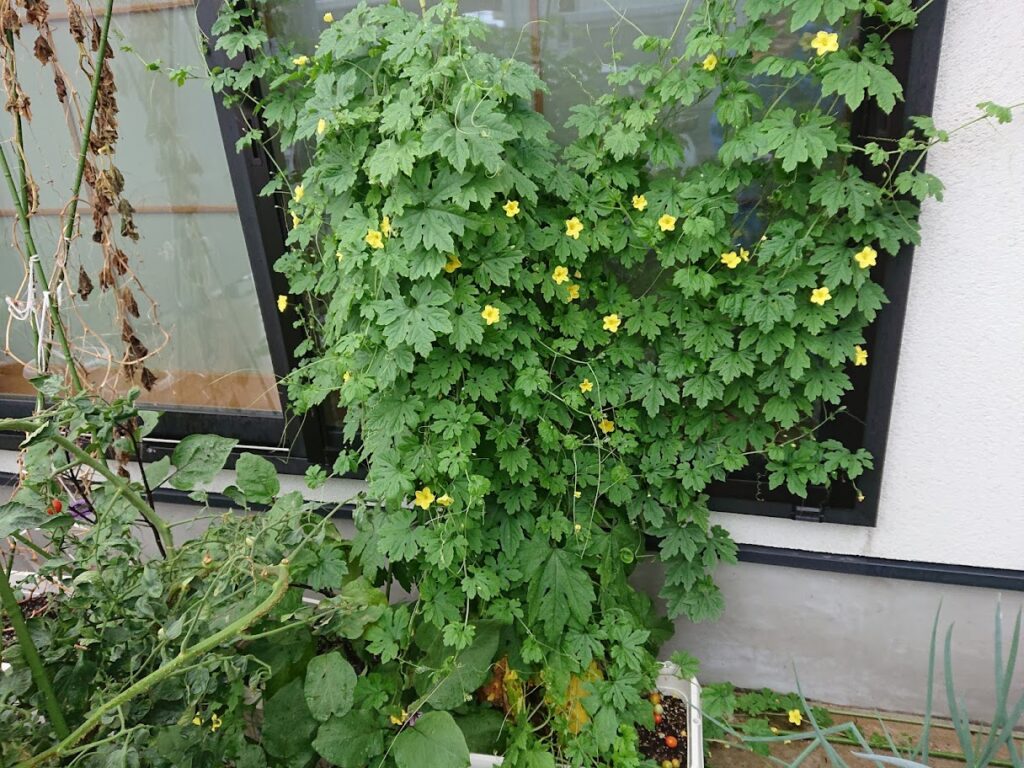
トマト tomato
そろそろ終わりになりそうです。
It looks like it’s about to end.
葉がしおしおです。
The leaves are salty.
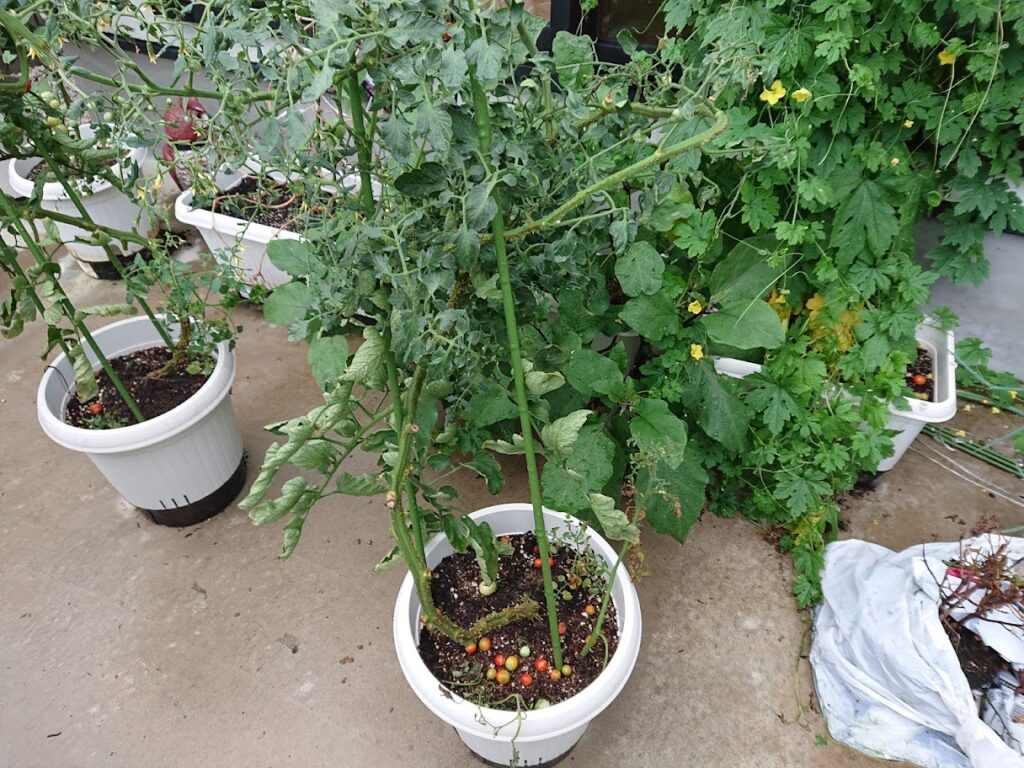
ナス eggplant
何個かは収穫済みです。
Some have already been harvested.
再び実ができるか微妙なところです。
I’m not sure if it will bear fruit again.
これもそろそろ終わりかもしれません。
This too may be over soon.
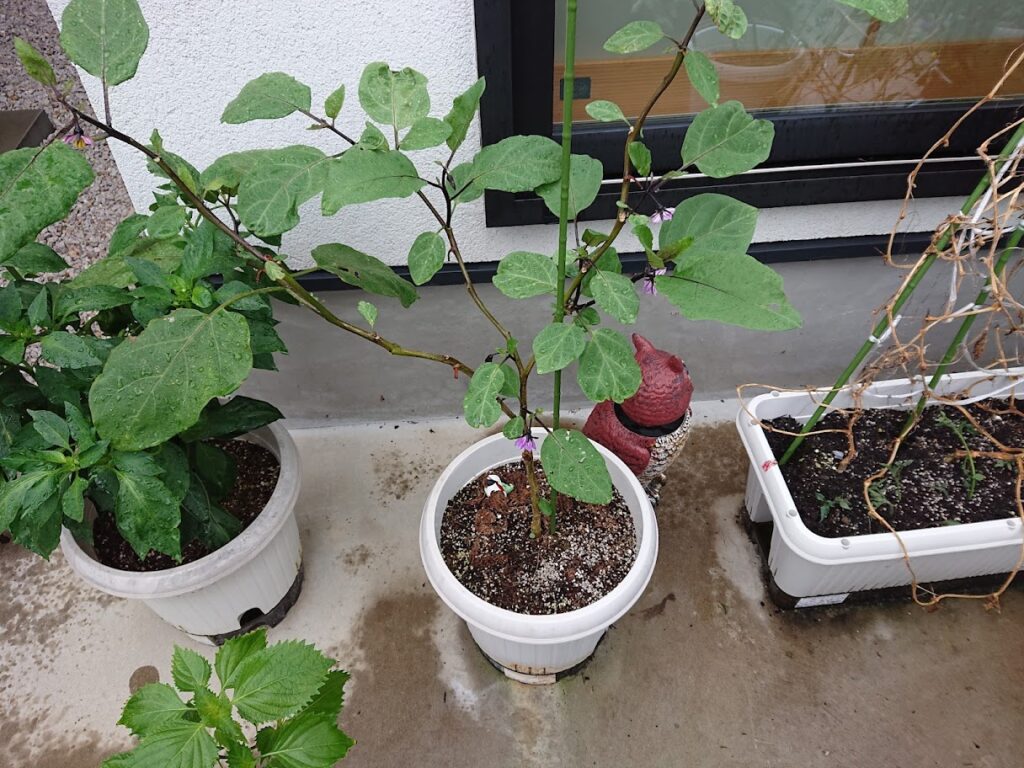
ピーマン green pepper
葉が元気いっぱいです。
The leaves are full of energy.
これからも取れそうな予感がします。
I have a feeling that it will continue to be available.
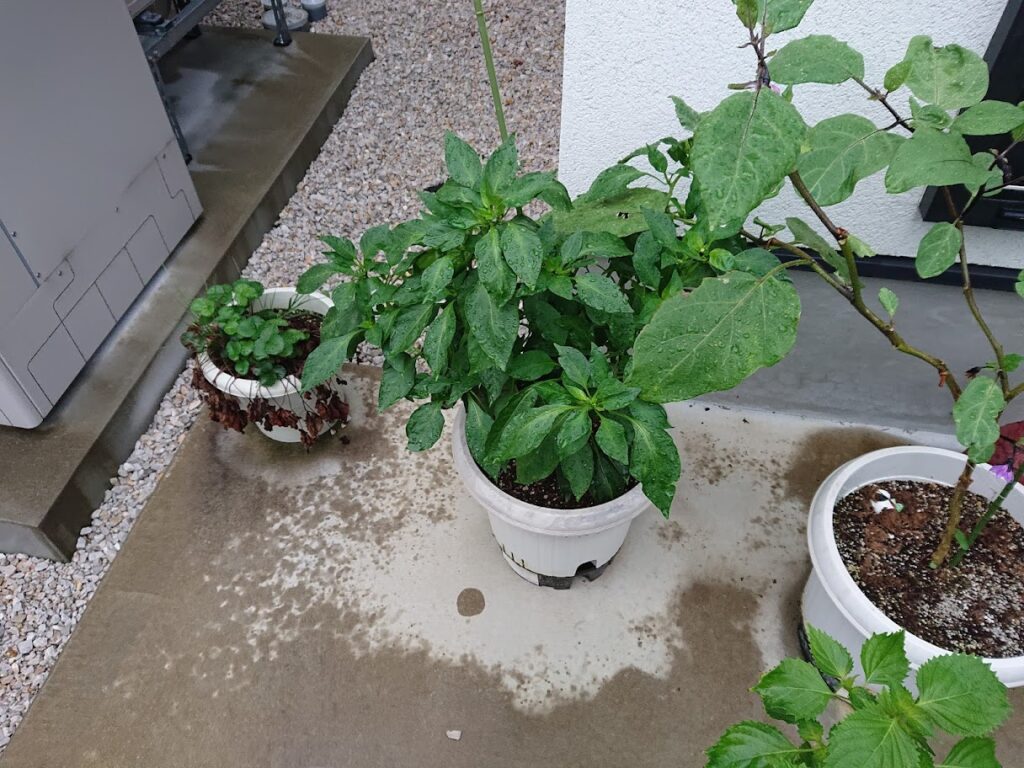
大葉 perilla
一度枯れてしまいました。
It dried up once.
再度購入し、今は順調に収穫できています。
I bought it again and am now harvesting it smoothly.
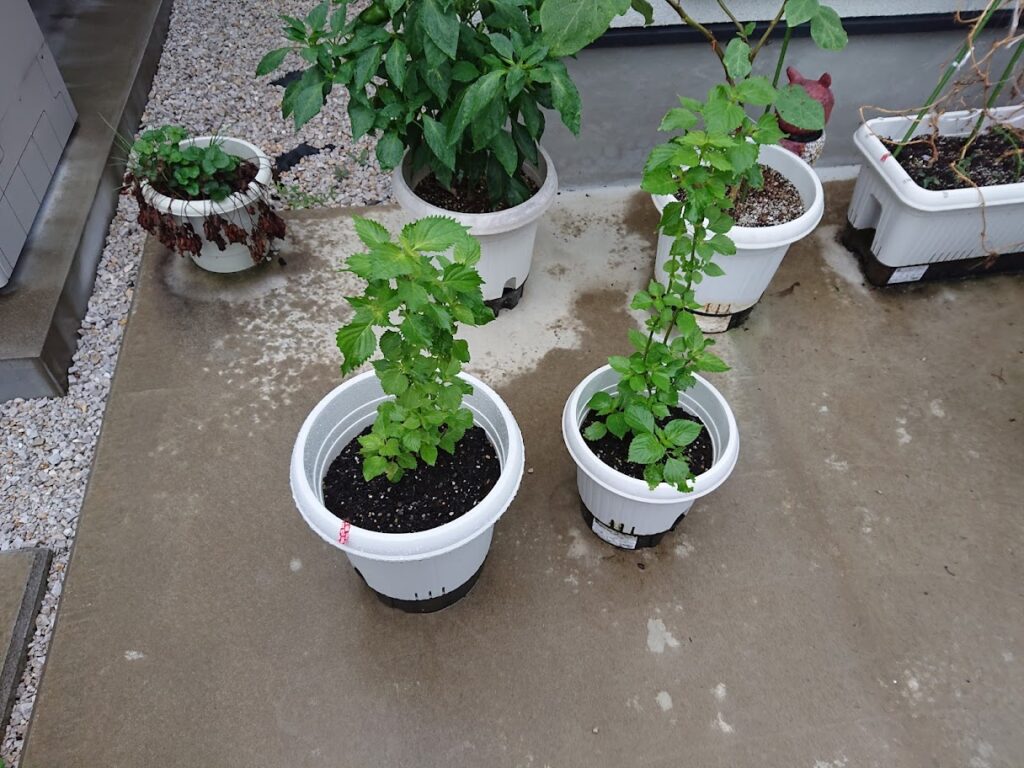
そろそろ夏も終わりなので、秋に植えるもの考えます。
Summer is coming to an end, so it’s time to think about what to plant in the fall.
楽しみです。
I’m looking forward to it.
前回記事↓
Previous article↓
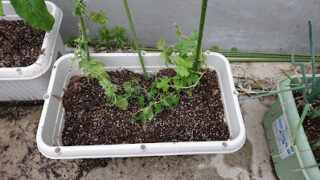
Memo: Origin of the name green pepper
In Japan, green peppers are called “pi-man”.
In terms of sound, it’s P men.
It’s strange. I looked it up.
French origin
The origin of the word “piman” seems to be French.
It seems to be derived from the French word “piment” which means chili pepper.
why french
I honestly don’t know. I searched and couldn’t find it.
It seems that the name “Pi-man” began to be used after World War II, when food became more Westernized.
Before that, it seems that it was called Western chili pepper or sweet chili pepper.
I’ll try to guess the reason.
It seems that green peppers were not very popular in Japan at the time.
In order to popularize it, I think it was necessary to give it a name that is easy to understand and familiar to people.
When I translated chili pepper into the languages of various countries, there were two that could be expressed in one word.
Peperoncino is Italian and pimento is French.
I think it was removed because peperoncino already exists as a name for the dish.
I think they made it easier to call pimento and called it “pi-man.”
I think it’s a pretty good guess, what do you think?
Fantasies like this are also interesting.









